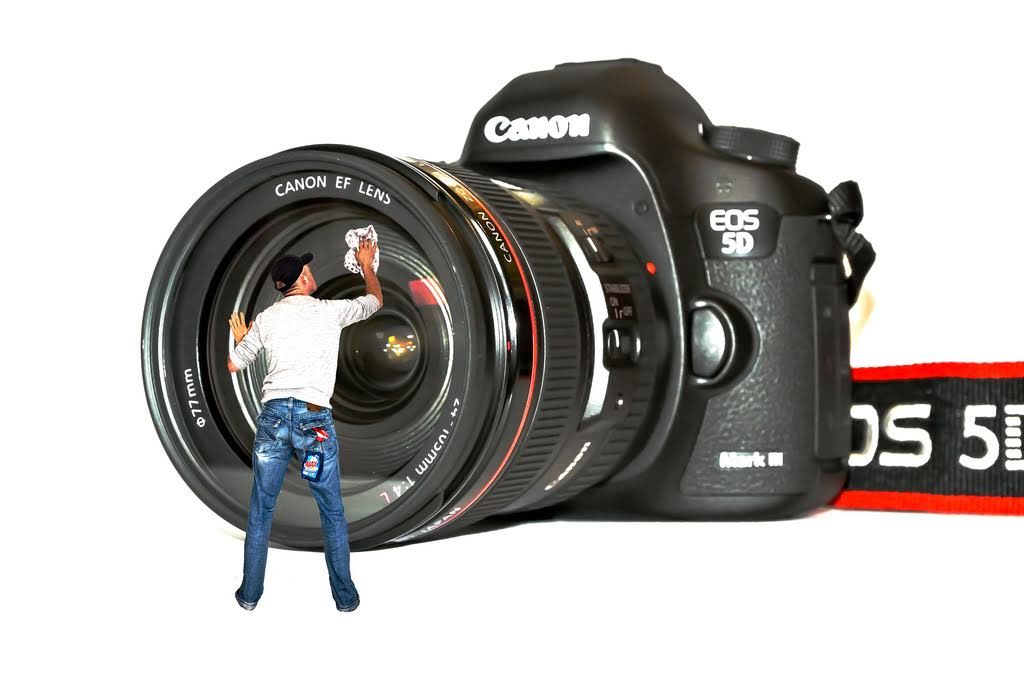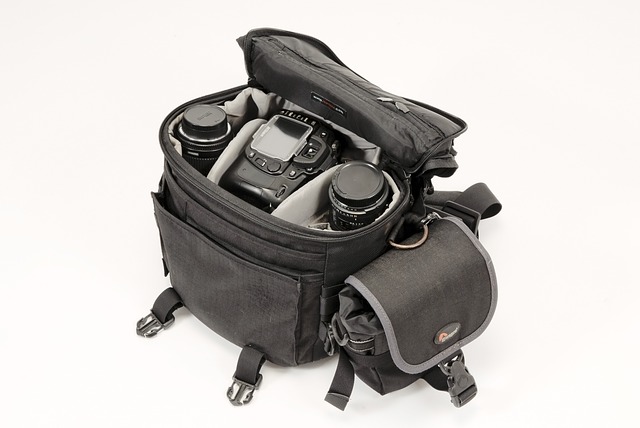Whether you have an inexpensive, entry-level DSLR or you’re sporting a set of special lenses worth several hundreds of dollars, photography is considered to be a costly investment no matter how you look at it. However, this doesn’t stop the average user from handling the equipment as it were nothing more than children’s toys. This results in equipment and camera malfunction sooner that it typically would. With regular maintenance and some common sense, both your camera and the gear going with it can last for years before breaking down. Here are some tips you should consider about taking care of your camera equipment the proper way.

Never clean the gear using your clothes
This is extremely important. People tend to forget that their clothes are constantly exposed to dirt, dust, and sweat. Using them as a makeshift wipe-cloth can make some serious damage to your gear, especially the lenses. They are very fragile and sensitive and even the smallest abrasion can get in the way of making a good picture. Even ophthalmologists warn their patients not to clean their glasses with anything else except a microfiber cloth. The same goes for your precious gear.
Use blowers and lens cleaners
As the name implies, blowers are used to blow off any particles that might have stuck on the lens. The best course of action when it comes to blowers is to always use them before fixing the lens. This ensures you don’t get any kind of spotting on an image in post-processing. Cleaners come in various forms, including single and multi-pack wipes, sprays and specialized cleaning cloths. Just because you don’t see any dirt doesn’t mean that it’s not dirty. And even if it is spotless, you can use cloths and wipes to clean other parts of your camera when you need to.

Always cap the lenses
Caps are designed to make sure that dirt particles don’t fall inside. They also protect the lens from humidity, which may interfere with your shoot when you least expect it. Although it’s considered to be common-sense, most people don’t actually use them and they’re left in the bag to collect dust or they simply loose them all the time. If you’re using a lens, cap it. If you don’t cap it both from the front and from the behind. This ensures the longevity of your lenses, which is imperative as a good lens can cost several hundred dollars, depending on the type, size and build quality.
Change the batteries
The main issue with camera batteries is that leaving them inside the camera for too long can make them corrosive. This is especially common if your camera gear is stored in a moist environment. Remove the batteries if you plan on putting the camera on a shelf for prolonged periods of time so you can avoid doing any damage to the battery grip and having to replace them. Not only that but used batteries lose their charge over time so make sure to put in new ones so you don’t risk cutting the shoot short because the batteries died on you.

Get a gear bag
Having a dedicated bag or a camera backpack to carry your gear in is the simplest and sure proof way taking care of it. It not only protects the gear from physical damage but also from the wind, rain, and snow. Always choose a bag or a backpack with padded compartments so your gear doesn’t smash against each other during transport. Whatever you do, never cram all of your gear in one place, it may not have to be the most expensive, but that doesn’t mean you have to buy it all over again due to neglect.
Depending on the model and manufacturer, cameras and camera gear can be quite expensive, so make sure to handle it with proper care. Dirty and faulty equipment can get in the way of a shoot, whereas regularly cleaned and serviced cameras and camera equipment can end up lasting you several years before you have to upgrade to a newer model. Why risk replacing it sooner than later and potentially losing hundreds of dollars when you only need a couple of minutes to clean and properly store your equipment.







